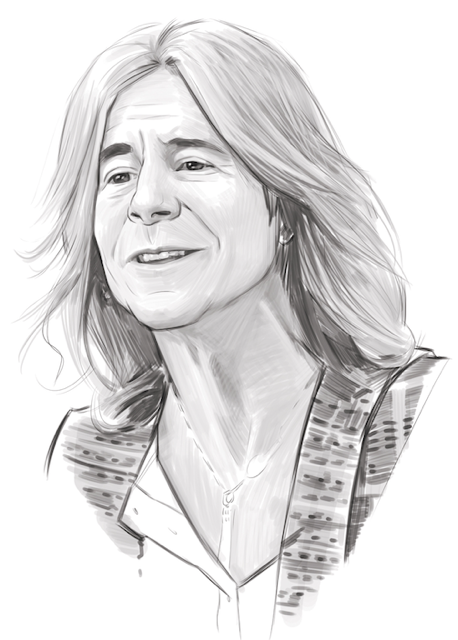Nina’s Passion for Science and Family
Some people are quick to describe Nina according to her impressive h-index, a number that measures the productivity and citation impact of the publications in a scholar’s career, or the numerous awards and accolades that have been bestowed upon her because of the impact she’s made in advancing neuroscience. But I want to comment on Nina’s passion – her passion for science and for family.
I had the privilege of being one of Nina’s PhD students more than 25 years ago. I hadn’t been exposed to many female Professors back in those days because there weren’t many. In my eyes, Nina appeared as superwoman. She was someone who was, and still is, ahead of her time. She set the standard high by publishing in one of the most prestigious journals, “Science,” while simultaneously chasing her three boys around the house and mentoring a team of scientists in the lab. How’s that for multi-tasking? When you become a member of her lab, you become part of an extended family. I have fond memories of analyzing data at her home dining room table after being fed an amazing home-cooked Italian dinner.
Not only are you treated like family, but your family also becomes hers. When each of my boys was born, Nina was the first to send special hand-picked books with personal messages written within each one. We still have them today. She also makes an occasional unexpected appearance over the airwaves when we hear her on NPR or when her science makes the news. When that happens, and we hear her voice, we’re all proud to shout out, “Hey, that’s Nina!” One of her latest appearances came through a passionate pint-sized tween who proudly demonstrated the results of a junior version of a music perception experiment at my son’s school science fair. At the end of her presentation, and at the bottom of the poster board, the junior scientist pointed to the scientific paper she cited by Kraus et al., and we pointed out and proudly shouted, “Hey, that’s Nina!”


